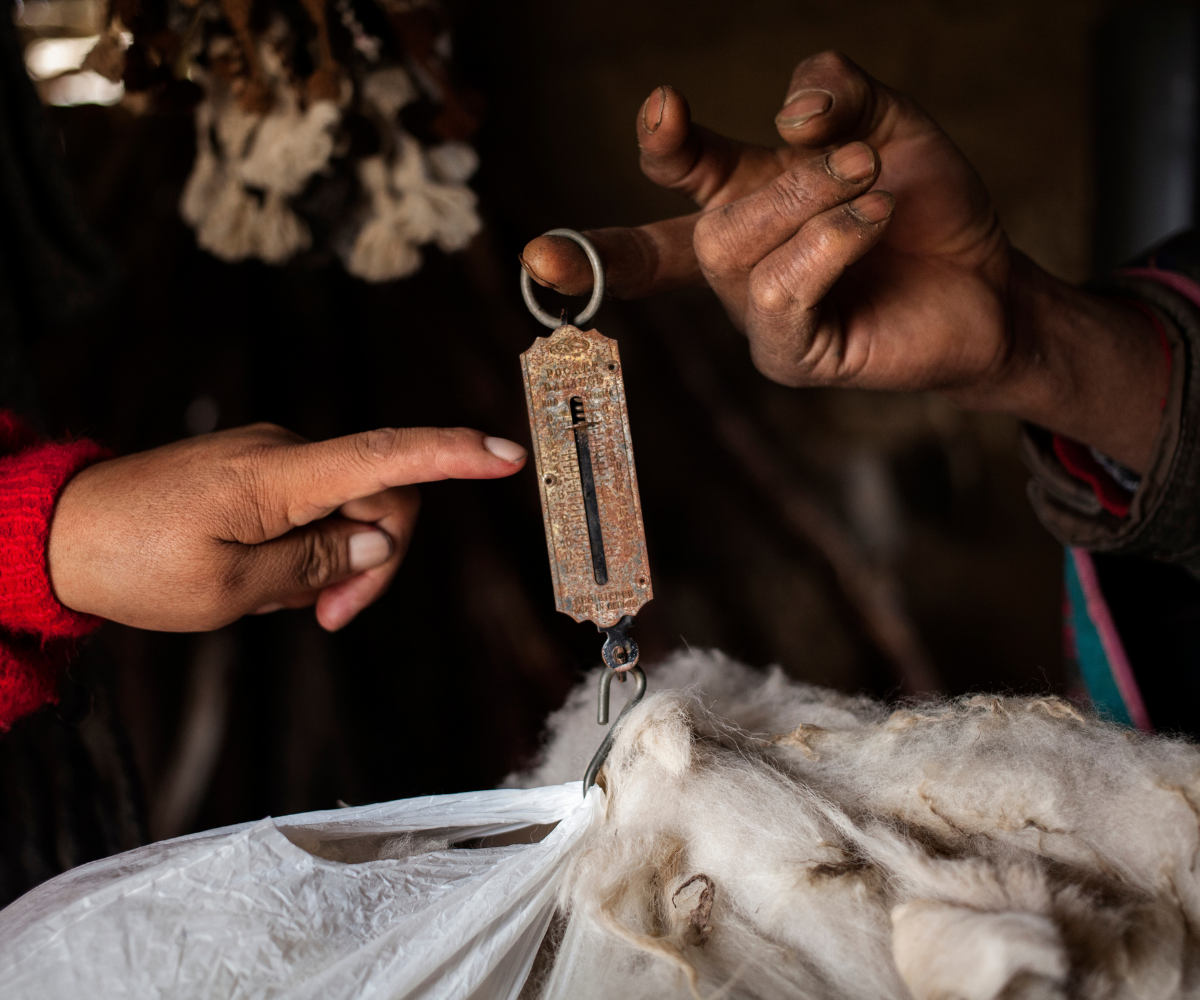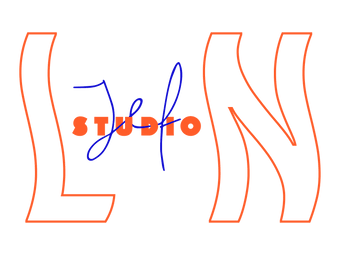
Alpaca is at the core of LN Knits. Occasionally, we receive concerned e-mails from customers requesting more information about how our alpacas are sheared, in order to make sure that it happens in humane conditions and that no animals are being hurt. Our customers can rest assured, the animals are very precious to the farmers and are treated with dignity. Michell, our raw materials supplier, continues to work on continually improving the company’s processes and they are already certified as a company with a Responsible Alpaca Standard (RAS). They are the first company in the world to get this certification, which includesassurance, monitoring and evaluation systems to ensure the custody chain is able to process RAS fibre once it is available.

What is RAS and how does it work?
The Responsible Alpaca Standard is owned and managed by the Textile Exchange. The Textile Exchange is a global non-profit organisation that creates leaders in the sustainable fibre and materials industry. The organisation develops, manages and promotes a suite of leading industry standards. In addition to collecting and publishing vital industry data and insights that enable brands and retailers to measure, manage and track their use of preferred fibre and materials. According to the Textile Exchange, the RAS requires all sites to be certified, starting with the alpaca farmers, through to the final business seller, right up to the business transaction (the retailers are not required to be certified). At Michell, they have the Certification of Processing from sorting and scouring all the way to yarn manufacturing. The goal is to make the whole chain transparent and ensure the best quality and ethics. Together, we can make a difference.

The Responsible Alpaca Standard strives to:
- Recognise farmers’ best practice;
- Ensure that alpaca fibre comes from farms with a progressive approach to managing their land and from alpacas that have been treated responsibly;
- Create an industry benchmark that will drive improvements in animal care, land management and social welfare where necessary, and
- Provide a robust custody system chain from the farm to the final product so that consumers are confident that the alpaca fibre in the products they choose is truly RAS.
Throughout the process, certain criteria need to be met. These include Animal Welfare Criteria (such as Living Environment, Animal Management, Handling and Transport, ...), Land Management Criteria (such as Biodiversity, Pesticides, ...) and Social Welfare Criteria (Child Labour, Wages and Benefits, Health and Safety, ...).

Our Involvement
As you may already know, Solid is our main supplier. They have been keen to ensure the most ethical production processes possible. Making an impact through taking care of those involved or affected by their work is in their DNA. This also applies to the animals in their care that produce the raw materials. Using certified yarn with the newly introduced RAS will take Solid and LN Knits to the next level. Together, they will have a wholesome and thorough certification that guarantees full transparency. This is why Solid jumped on board with the new RAS development straight away. The plan is to be able to offer certified yarn by the next shearing season (which is approximately from November to May). Currently, Solid is in contact with the Textile Exchange and is regularly updated on the RAS implementation and they also follow up closely on the certification. Since it is a full-chain certification, LN Knits will be involved as well. Solid will inform us about where they are at and what our involvement could look like. We are in this together!

If you have any questions, please do not hesitate to contact us.
Information Michell
Copyright: Griet Hendrickx.

Leave a comment